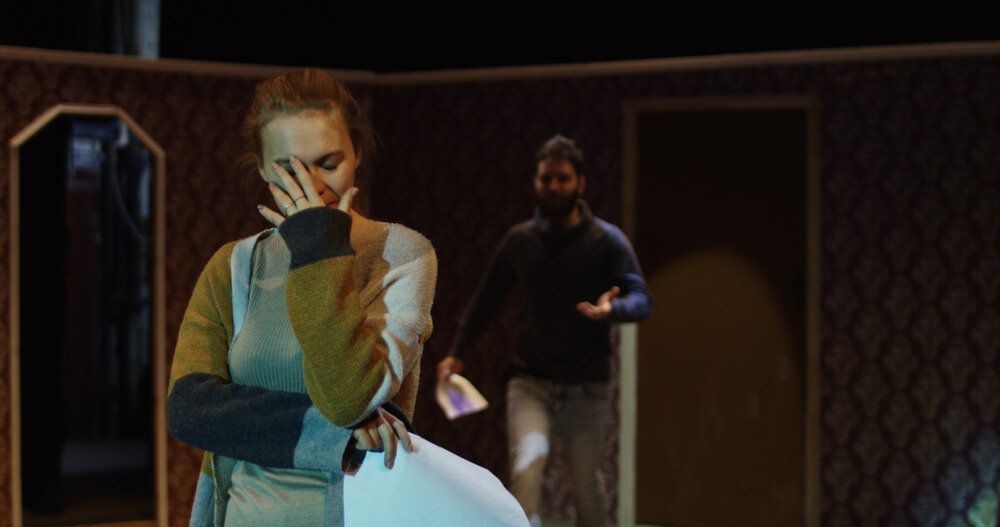5 Signs It’s Time to Retire a Monologue
Most working actors have at least a few back-pocket monologues that perfectly shows off their genre and special skills. Even with the rise of self tapes in theatre as well as film, monologues have yet to relinquish their death grip on the casting process.
It’s important to have these go-to pieces in your repertoire. However, just like headshots, monologues don’t last forever.
Eventually, even your best audition pieces must be swapped out for fresh material. But how do you know when you should retire a particular piece?
Here are five signs its time to let a monologue go.
1. It’s Been Seen Too Much
Especially if you’re working in the same region for some time, you’re bound to eventually shop your go-to monologues around to everyone in the circuit. If you know local directors have seen you do the same piece a couple of times, it’s probably time to reach for something fresh.
2. The Material is Dated
While you don’t have to worry about this if you’re reading for Hamlet, contemporary pieces have a way of dating themselves every 10 years or so. References to outdated technology might slide here and there, but outdated ideology is likely to ping an auditor’s ear.
If it feels like a strain to justify the character’s viewpoints by today’s standards, it’s probably time to put the monologue to rest.
3. The Stakes Can’t Be Resurrected
Much in the vein of the last point, certain things just don’t pack the same punch they used to. For example, implications that a character might be gay may have been reputation-ruining, world-ending, highest of high stakes when the play was written, but won’t hold the same weight for a modern audience.
This isn’t to say you have to automatically trash a monologue with outdated stakes. But you have to assess it differently. Are the stakes still clearly understandable to a modern audience without the context of the rest of the play to support it? Is the source text well-written enough to hold up?
If the stakes cannot be clearly acted and communicated within the space of the monologue, it’s not helping you.
4. It No Longer Matches Your Type
We all grow and change and our types grow with us. The monologue that fit like a glove right out of college might no longer ring true several years down the line.
Unless you’re auditioning for very specific roles, don’t try to use a high school monologue in your thirties. It won’t show you off. If you used to get cast as best friends, girl-next-door types, but your look has gotten harder and edgier, you’ll want to choose material that supports that.
5. You No longer Connect With the Material
Even if you could still plausibly play the character from your audition piece, if you personally no longer connect to the material the way you once did, it can feel stale.
Sometimes taking a monologue out of rotation for a few years and coming back to it with fresh eyes is enough, sometimes not. It’s perfectly fine to retire a “good” monologue just because you don’t vibe with it anymore.
Remember, there is no “right” monologue, it’s what’s right for you.
Just like any other part of the industry, monologues have expiration dates. Keep them as long as they serve you and then put them to pasture when they no longer sell your abilities.
There are plenty of strike-compliant roles available on Casting Networks. Sign up or log in and see what’s casting near you today!
You may also like:
- Strike Update: Lots of Hope, But No Deal Yet
- My Casting Story: Gabriella Gonzalez Biziou on Booking an Alfa Insurance® Spot
- Now Casting: Levi’s Denim




